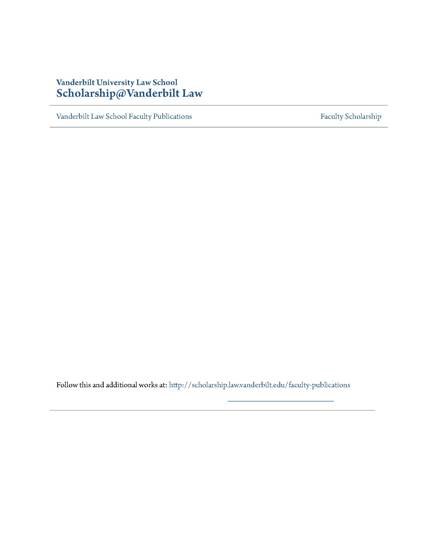
- "fair and reasonable",
- FRAND rates,
- patents,
- hypothetical negotiation
High tech markets must strike an awkward balance between coordination and competition in order to achieve efficiency. The need for competition is familiar; antitrust--as well as many other legal institutions--recognizes that consumers benefit and resources are best allocated when producers face fierce competition. But at the same time, the interoperability of competing high tech products can promote both consumer and producer welfare, necessitating a level of coordination not typically associated with atomistic, competitive markets. The necessity of interoperability has been addressed privately by industry-wide standard-setting and coordination of competitors around these standards. Likewise, the competitive risks of that coordination are also addressed through private agreements; standard-setting organizations (SSOs) typically require that holders of patents essential to the standard agree by contract to license their patents to users at fair, reasonable, and non-discriminatory (FRAND) rates.
Available at: http://works.bepress.com/rebecca-allensworth/9/
